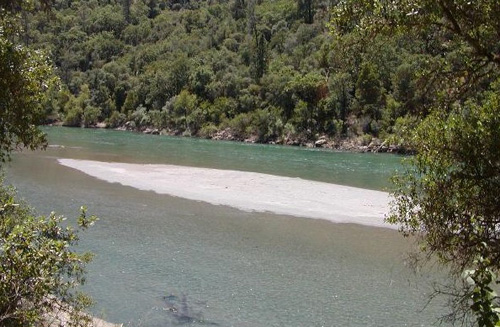Jonathon Delacour on the movie After Life.
“The premise of After Life is simple. Every Monday, people who have died walk through an open doorway suffused with pale light into what looks like a derelict boarding school. Each is issued with an ID number and assigned to a counselor who will assist them in preparing for the journey to the other side. Much of the film is taken up with these counseling sessions, which commence with an explanation of the rules:”
You’re going to stay here for a week. Everyone gets a private room. Please feel at home. But while you’re here there’s one thing you must do.
Out of the __ years of your life, we’d like to ask you to choose one memory, the one you remember and cherish most. There is a time limit. You have three days to decide.
After you choose your memory, our staff will recreate it on film as exactly as possible.
On Saturday we’ll show the films to everyone. The moment the memory comes back to you most vividly, you’ll go on to the other side, taking only that memory.
Via Halley’s Comment

